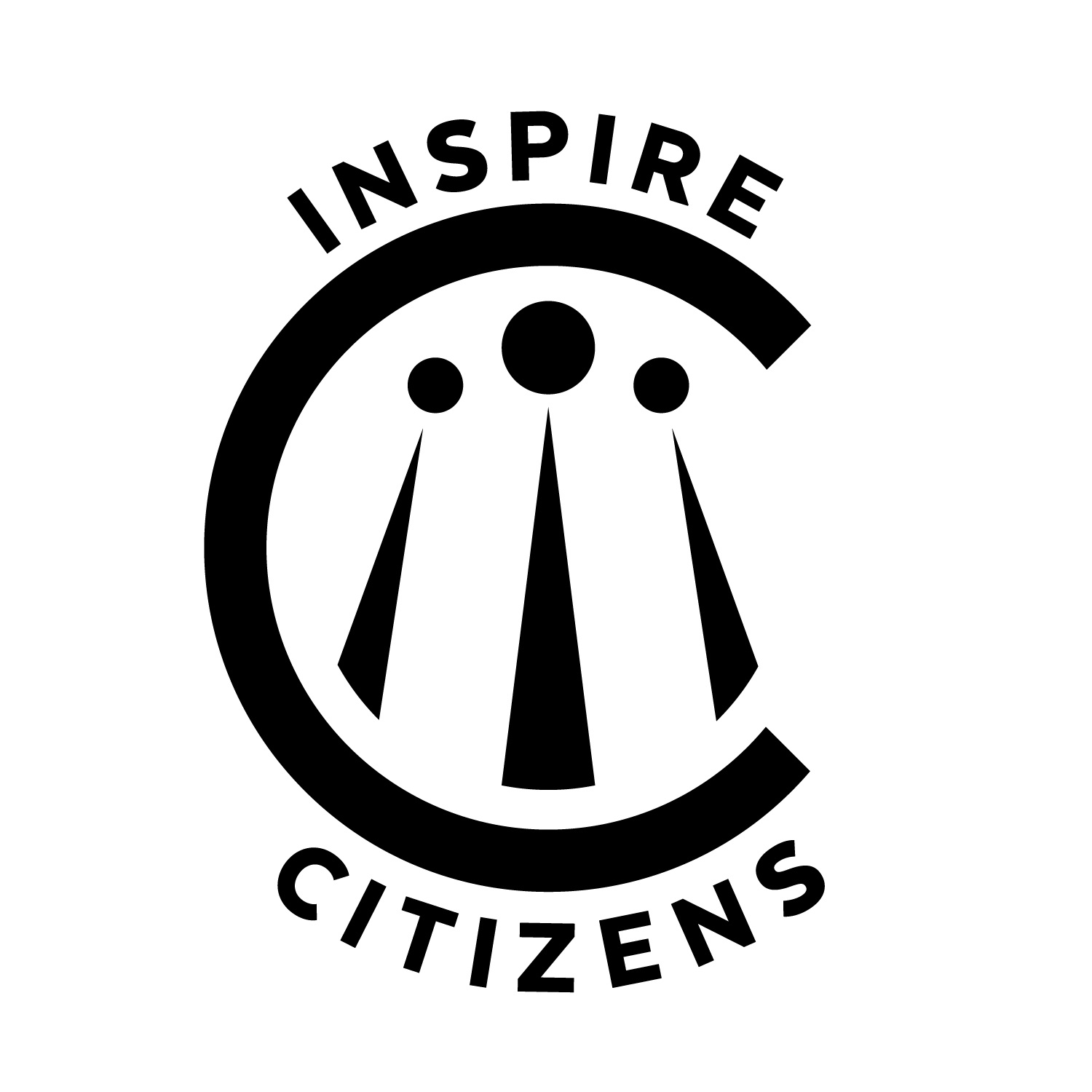Practice active listening skills and the art of the follow-up question for developing compassionate empathy
Purpose:
Active listening is foundational skill in developing empathy for others, identifying successes and challenges in a community, and developing deeper, trusting, reciprocal relationships with diverse community members.
Student Impact Profile:
Seek, understand, and appreciate the perspectives and worldview of others
Enduring Understanding:
Employing active listening skills in conversations and interviews (instead of static, prepared questioning) leads to greater empathy and trust while developing a deeper understanding of the self, others, and diverse communities.
Essential Questions:
Apply: How can I use meaningful questions and active listening protocols in sparking a conversation that is authentic, trustworthy, transparent, and organic?
Recognize & Deduce: How can I actively listen and interpret answers to spark a deeper understanding of another person?
Apply & Craft: How can I utilize questioning strategies, such as Thinking Like a Historian, to construct follow-up questions that elicit open and transparent answers, deeper conversations, and richer storytelling?
Core Activities:
Sparked by Out of the Blocks’ question cards, practice active listening with a peer.
Describe how the conversations developed, depth of feelings, and why certain follow-up questions were asked.
Discuss successes and challenges associated with active listening and generating follow-up questions.
Analyze the Thinking Like a Historian framework
Apply the Thinking Like a Historian framework in another round of conversation, comparing and contrasting the past conversation with the new conversation.
Appraise the value of the Thinking Like a Historian framework for the conversations. Predict how the tool could be used in interviews, research, and investigative journalism.
Flexible Steps
Apply these ideas for context while scaffolding and differentiating for age, language proficiency, readiness, independence, learning needs, content connections, and so on.
Part 1
Introduce the idea that in order to deeply care about another person or community, we must learn how to listen and use effective questioning techniques. Without listening and knowing one another then proposed solutions have the potential to not meet the needs of a community or can be harmful.
Show the Out of the Blocks video to contextualize the questions as well as showing how active listening is employed in a real-world podcast that strives to bring communities together and build empathy through deep storytelling.
Introduce the protocol that partners will identify a card and for an identified amount of time (recommended between 5-10 minutes) they can only ask follow-up questions that stem from inquiries built within the context of the first answer and resulting follow up questions. At this point, interviewer follow-up comments and questions should be focused specifically on capturing the feelings, voice, and stories of the other person (interviewee). Modeling and thinking aloud with the full group is recommended prior to the students practicing independently.
Have participants identify a partner, choose a card, choose a space conducive to conversation, and start the timer!
In small groups, discuss successes and challenges associated with active listening and generating follow-up questions. What did you learn about your partner and what could you learn about others by employing this strategy?
Part 2
Introduce the Thinking Like a Historian framework and utilize a visible thinking strategy to understand and dissect the strengths of the framework.
Allow students to choose another Out of the Blocks card while utilizing Thinking Like a Historian to frame follow-up questions. Again, modeling and thinking aloud with the full group is recommended prior to the students practicing independently.
By comparing and contrasting the past conversation with the new conversation, appraise the value of the Thinking Like a Historian framework for the conversations. Predict how the framework could be used in interviews, research, investigative journalism, and learning more about friends and family. How could active listening and follow-up questions be used in your community to have a positive impact?
